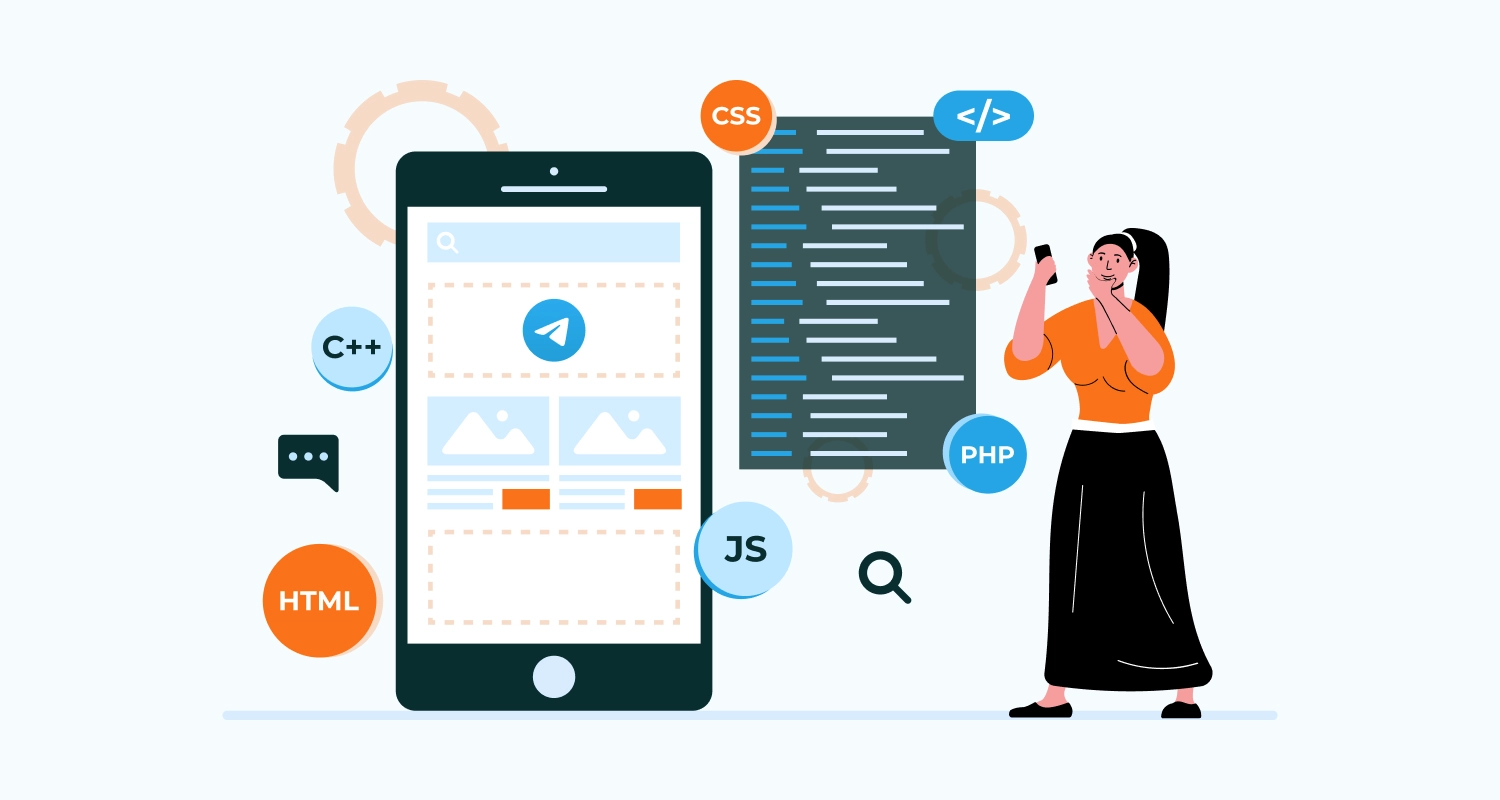In the competitive world of mobile apps, the impression created at the first instance often becomes the deciding factor. This is why any app that fails to impress the audience at the first visit is often not visited or used again. This has been the case with the vast majority of apps. Creating the first impression is what turns on the interest of a user. Mobile app onboarding taken care of by mobile UI/UX design service takes care of creating this invaluable first impression.
Here we would like to explain some of the best Onboarding processes for mobile apps. But before that, we need to understand what is called mobile app onboarding and how it works.
What Precisely is Mobile App Onboarding?
In the context of mobile apps, onboarding refers to the streamlined and efficient method for understanding apps and their functions. It is a guiding process to help users interact with the app and understand the features and how they help the, in achieving their goals. Basically, the onboarding method consists of a number of screens that progressively guide users about interacting with the app interface and get what they want from the app. Keeping this core definition intact, the onboarding process can be of various types.
Different Types of Onboarding Process
There are mainly 3 different types of onboarding processes that we need to consider. Each of these distinct types of onboarding has its own objective.
Progressive Onboarding
The progressive onboarding method us the basic one that through a series of screens displays the information as the user progresses through the app navigation.
Function-Based Onboarding
This onboarding method by focusing on the app functions just guides users about how to use the app to get things done.
Benefits Oriented Onboarding
This onboarding process actually showcases the app benefits and value to the users and explain how they can be benefited by using the app.
Mobile App Onboarding Benefits
Mobile app onboarding offers an array of benefits for the app makers as well as the users. Any mobile app development service should have a clear idea about the importance of the onboarding process.
Let us explain these benefits of the mobile app onboarding process.
Unmatched User Experience
No apps just don’t want to stay unused and unattended for weeks and months on the mobile screen of the users. If you want active and engaged users for your app, you need to use the onboarding process. Based on the interactive and satisfactory onboarding process, users can be more interested in your app and find your app interesting.
When you guide the users through an active and engaging onboarding process making them feel at ease, they enjoy using the app and find it useful. Besides finding the app helpful they also gave an idea of how to use the app efficiently for their purpose. This is how mobile app onboarding actually enhanced the user experience.
Precise Utilization of Features
Since getting used to an app takes some time and users often take measured steps in using the app initially, the onboarding process must help users to get familiar with the app and the way it works. If users are unable to get familiar with certain apps, it is the onboarding process that can help them make them oriented with the app features.
Boosts Retention Rate
The vast majority of mobile apps are used only once and are never opened again by users. This shows the poor state of affairs in regard to user retention for mobile apps. This is where a good onboarding process can play a very helpful role. By showcasing the benefits and by guiding users about using the app effectively, user engagement and retention can be enhanced to a great extent.
Important Tips for Mobile App Onboarding
Now that the importance of mobile app onboarding is clear to us, we need to take a look at the most time-tested and validated practices for implementing the onboarding process. By learning from the leading apps, here we are going to provide some effective tips for mobile app onboarding.
Don’t Bet on Last Minute Designing
Design is a crucial aspect of any app development process and in spite of this fact, many developers actually design the onboarding screen at the last minute or at the very last stage of the development process. Even when they complete the wireframing, they just don’t give much attention to the onboarding process. Many developers just make a copy of the onboarding screens from another app with some minor changes.
This last-minute and non-prioritized design focus for onboarding should be avoided at any cost. Instead of telling how the app works you need to tell how the app features work to get things done for the users. You need to contextualize the onboarding process with specific user benefits. This requires planning the onboarding design well in advance.
Don’t Ask for Too Much Information
Many apps simply irritate users and test their patience by asking too many questions or asking for too much information. Though you need to tell users to sign up or log in, you should always keep options open and free with a guest login option. Moreover, when users are ready to sign up, make the process easier with social media login or just by filing two or three form fields.
By just helping them to start using the app without giving too much information or wasting too much time, you actually boost user experience and create more scopes of user engagement.
Don’t Do Away With ‘Skip’ Option
Many users often feel intimidated or angry when you make it mandatory to answer some questions. They may not feel to fill a form field or give some information. This is why make sure when asking a question or telling users to give any information you also provide the ‘Skip’ option. This will give users respite from something obligatory and mandatory.
It is always advisable to mark only one or two basic form fields as mandatory with an asterisk sign. For other form fields, never forget to provide the ‘Skip’ button.
Be Soft, Polite and Accommodating with User Verification
When the app onboarding process is faster users actually try to cooperate and fulfill the requirements. Lengthy onboarding on the other hand, just motivates users to leave. So, don’t insist on the spot user verification as it can only shower the process and make users wait before they can actually start using the app.
When verifying the email address or mobile number, you can make the verification process wait so that the users feel at ease and can do it later. Instead of forcing them to verify the email address or phone number through a one-time password, allowing them to navigate through the app and complete the process later. A delayed response in sending the OTP can actually make users lose patience and leave the app altogether.
Showcase the App Value
In the beginning, users remain clueless about how the app can actually add value to their lives and so, it is up to the onboarding process to showcase the value and usability of the app in precise terms. Before they find it confusing, you need to explain what the app is all about and how it benefits users.
Offer Personalized Onboarding
In onboarding also you can bring personalized elements to engage users with more gusto. Based on the choices mentioned by the users initially, you can show them the content options meeting their preferences. This is something done exceptionally by the Spotify app when through the onboarding process users can create custom playlists based on their preferred artists they mentioned at the very beginning.
Always Guide Users About the Next Step
When users need to go through several functions and options to get their things done from an app, the onboarding process should always explain the next options and the possible outcome from each of them. At every step, users should have clarity of understanding about the working process of the app.
Conclusion
A great mobile onboarding alone can help an app to cut through the competition and enjoy maximum user engagement. Naturally, mobile onboarding design should be considered a key and integral part of the app development process.







